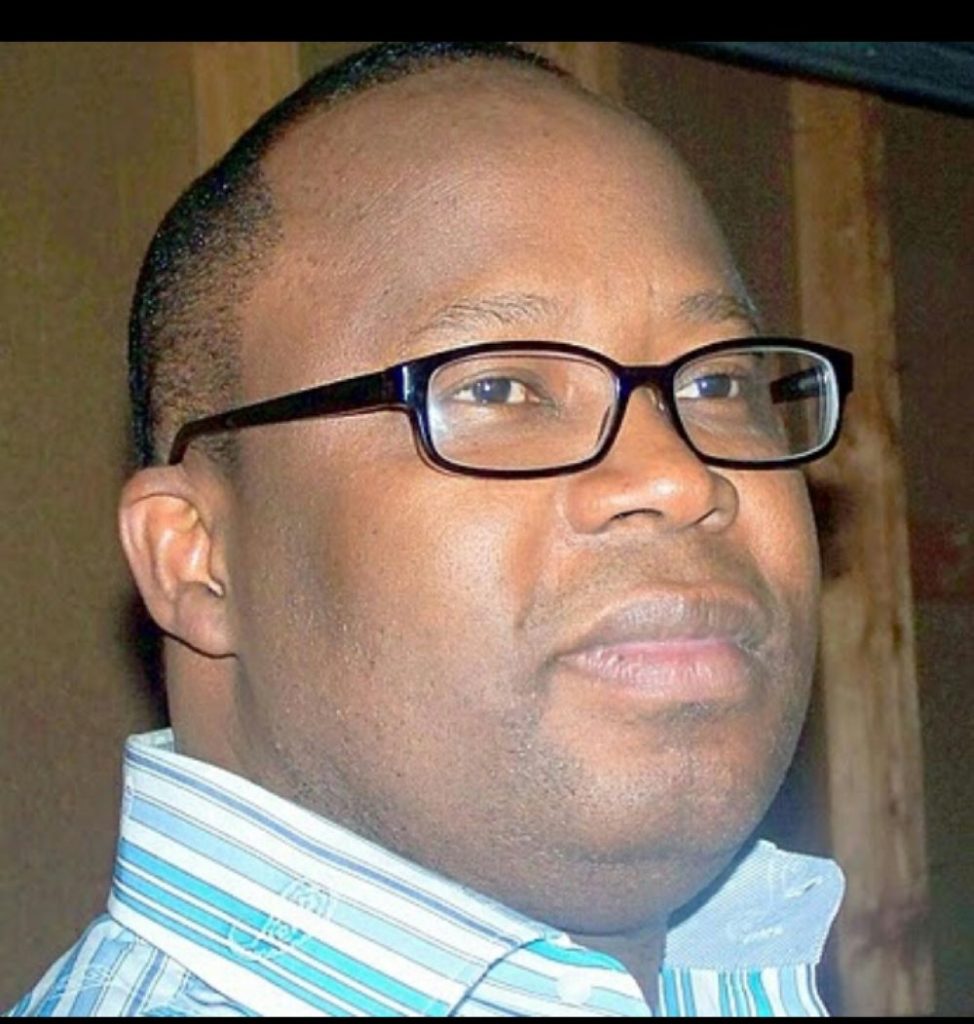The insidious nature of gossip, backbiting, and undermining acts as a significant barrier to the collective progress of communities worldwide, and Liberia, both at home and in its diaspora communities, is no exception. These destructive behaviors, coupled with a lack of fact verification, create a toxic environment that hinders individual growth and impedes the advancement of the collective good, preventing Liberians from reaching their full potential politically and socially. Addressing this deeply ingrained cultural issue is paramount to fostering a more prosperous, united, and progressive Liberia and its diaspora communities.
Understanding the nuances of these behaviors is crucial to tackling their detrimental effects. Gossip, the sharing of unverified information often laced with malicious intent, fuels rumors and idle chatter that erodes trust. Backbiting and undermining involve deliberate sabotage of others’ progress, often conducted covertly. Peer envy, fueled by resentment of others’ successes, manifests in sabotage rather than celebration. Badmouthing, the open disparagement of others, focuses on faults and failures instead of strengths and talents. These interconnected behaviors create a breeding ground for negativity, hindering individual potential and stifling community growth.
The consequences of these actions are far-reaching. They foster an environment of distrust and fear, inhibiting collaboration and promoting a culture of negativity. This toxic atmosphere discourages potential partnerships and initiatives that could contribute to collective advancement. Imagine the potential of Liberian diaspora communities working together on business ventures or cultural programs. However, these opportunities are often lost due to the pervasive negativity and mistrust. This not only limits individual achievement but also hinders the overall progress of the community.
Furthermore, the absence of fact-checking allows misinformation to flourish. Unverified gossip creates confusion and doubt, damaging reputations and eroding trust in leadership. A simple rumor can quickly escalate, causing irreparable harm to individuals and undermining confidence in public figures. This impacts not only the targeted individual but also the community as a whole, particularly young people who lose positive role models and become disillusioned with societal engagement.
Beyond the reputational damage, the emotional toll of gossip and its related behaviors is significant. Targeted individuals experience anxiety, depression, and isolation, leading to withdrawal from community life and a reluctance to pursue collective ambitions. This erosion of social connections weakens the vibrant cultural fabric that Liberians could be celebrating and cultivating, both at home and abroad. The resulting mistrust seeps into personal relationships, causing rifts and further isolating individuals.
The historical context of Liberia adds another layer of complexity to this issue. Past struggles, including civil wars and economic hardship, have fostered a survivalist mentality where individual success can sometimes be perceived as coming at the expense of others. This mindset, carried into diaspora communities, creates an echo chamber of negativity that perpetuates the very culture many sought to escape. Young Liberians abroad face the dual challenge of navigating their identities while confronting these deeply ingrained cultural contradictions.
Addressing this challenge requires a multi-pronged approach focused on individual and community-level change. Promoting a culture of verification and accountability is essential. Encouraging critical thinking and fact-checking can transform how information is shared within communities. Educating both adults and young people about the importance of mutual support and the detrimental effects of negativity is crucial. Workshops and community gatherings can provide valuable training in effective communication, conflict resolution, and fostering community support.
The role of community leaders and role models is pivotal in this transformation. By demonstrating integrity and support, they set a positive example for others to follow. Publicly addressing the impact of negative behaviors raises awareness and promotes a culture of positivity. Celebrating individual successes, even small ones, through community events and initiatives can shift the narrative from envy to pride, fostering unity and collective progress.
Leveraging technology, particularly social media, can be a powerful tool for positive change. Social media platforms, often used to spread gossip, can be repurposed to share uplifting stories and celebrate achievements within the community. Campaigns that showcase resilience and highlight individual success stories can inspire others and foster a sense of belonging. Encouraging active participation in these campaigns creates a ripple effect, amplifying positive narratives and promoting community engagement.
For Liberia to achieve its full potential on the international stage, it must address the detrimental effects of gossip and related behaviors. These issues are not mere social nuisances but significant barriers to personal and communal growth. By consciously choosing to replace toxic behaviors with encouragement, verification, and unity, Liberians can create an environment that fosters opportunity and success.
Inclusive discussions, proactive initiatives, and the positive influence of role models can reshape the community narrative, paving the way for a brighter future. The journey towards overcoming these obstacles begins with each individual, taking a single step away from destructive behavior and towards a more positive and unified community for all Liberians. This conscious effort to cultivate a culture of support, verification, and constructive dialogue will empower communities to rise above negativity and work collaboratively towards a brighter future.














